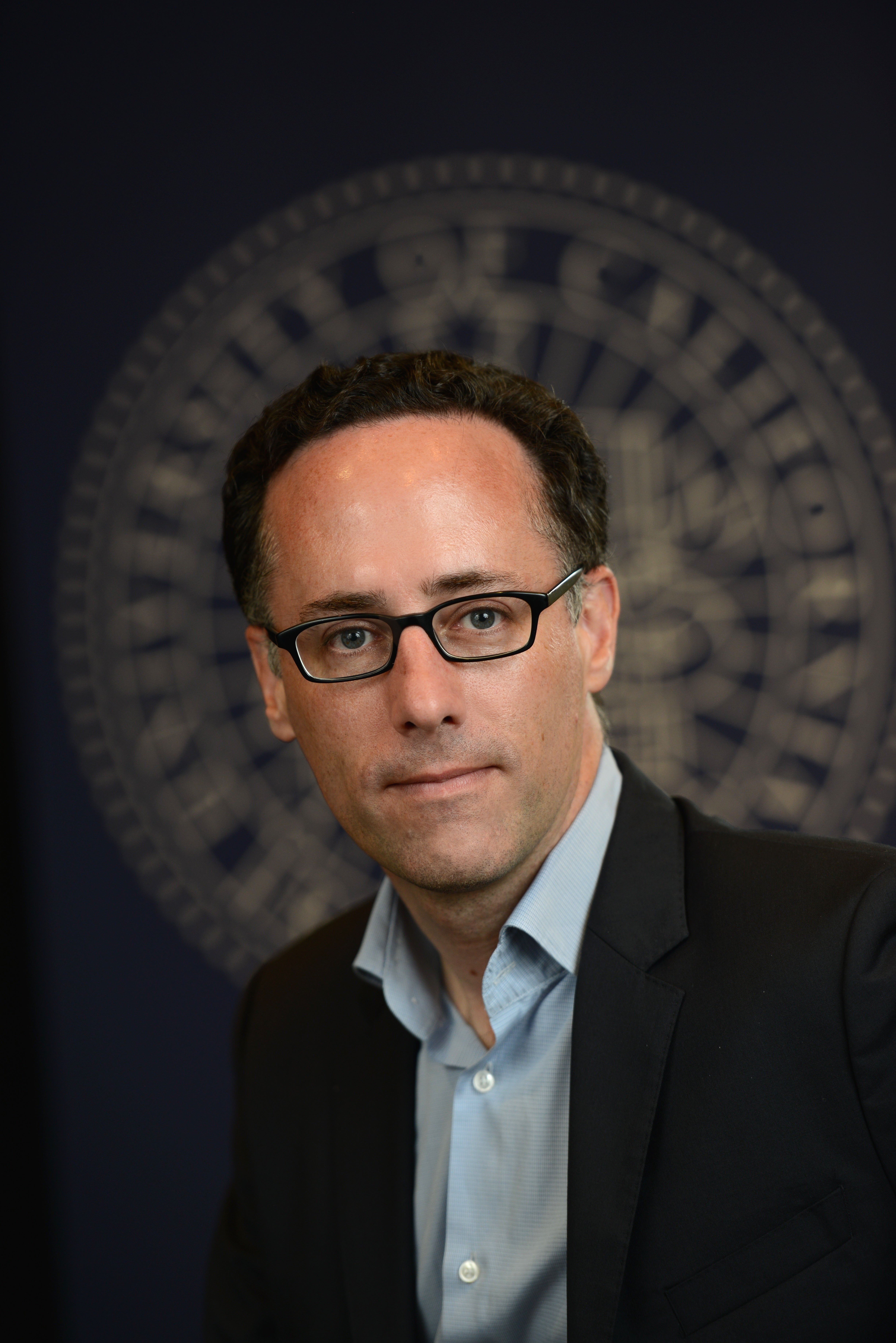
Faculty Spotlight
David Brady
Professor of Public Policy
Please tell us about your background.
I’m a Professor of Public Policy, and I’m also the Director of the Blum Initiative on Global and Regional Poverty at UC Riverside. I’m a sociologist by training, my Ph.D.’s in sociology. I also received an undergraduate degree in sociology and political science and prior to coming to UC Riverside in 2015, I worked for 3 years in Berlin, Germany, where I was Director of the Inequality and Social Policy Department at the WZB Berlin Social Science Center. And before that I spent 11 years as a Professor of Sociology.
What are your research passions, and what are you currently working on?
I’ve studied poverty for a very long time and I’ve always been interested in the big question of why the United States has so much poverty. I wrote a book in 2009 about the question of “Why does the US have so much more poverty than Europe” and try to understand how the politics of social policy are the main reason that the U.S. has such high poverty compared to Western Europe. In recent years, I’ve also been interested in health, for example in how the economic resources that you grew up with as a kid shape your health later in life. I’ve been interested increasingly in recent years in racial inequality and partially this is inspired by the significant racial injustices we see, as played out in the police brutality riots that occurred in the spring. I’ve been doing some research on racial inequality and poverty and also racial inequality in wealth and income and how that affects racial inequality later in life. I’m interested in how politics and social policies shape poverty and inequality. I largely believe that most of what we see as poverty isn’t because of people’s individual characteristics, whether they are in a single mother household or unemployed or low educated - the reason we have poverty is that we as a society have made a political choice to accept and tolerate high levels of poverty in our society. So if people fall into those risk categories like being a single mother, we penalize them very severely in the United States, whereas in other countries they make a political choice to not penalize these people and to create an opportunity for them to succeed and do well.
Could you tell us a little about the Blum Initiative and the work it’s doing?
We created a service-learning program where students apply to go through a service learning experience. It could be an internship, a volunteer experience, or some sort of study-learning service activity, and it can be anywhere in the world, and presumably it would be a volunteer experience and we give a stipend that pays pretty well. And you can go anywhere in the world, we’ll pay you a stipend to support your service learning as if you had a job, and we’ll pay for all of your transportation costs to get there. The service learning has to be poverty related. But we’ve sent students all over the world - to East and West Africa, Western China, South Korea, Latin America and Mexico. In addition, we do a little bit of research and some programming - we have events and conferences all related to key issues in the social science of poverty. One of our major themes is to understand poverty in Southern California and especially in Inland Southern California, so every few years we issue an Inland Empire poverty report. And we try to understand poverty that exists here in Southern California especially in the Riverside area. And all of our efforts are supported by a generous gift from Richard Blum who’s a member of the University of California Board of Trustees and also the husband of Senator Dianne Feinstein. We’re looking to continue to receive funding to continue the initiative going forward, but we’ve been going now for 5 years and have trained and greeted opportunities for a large number of students.